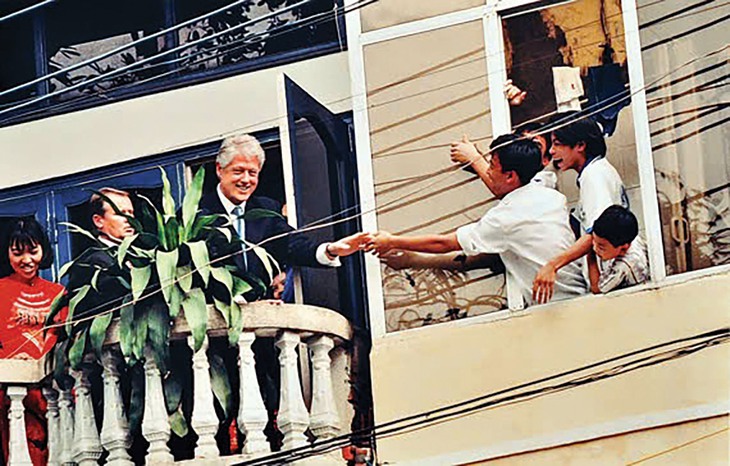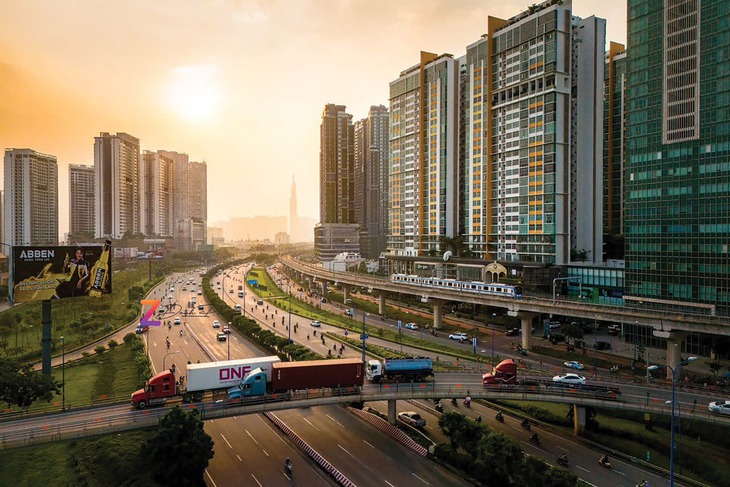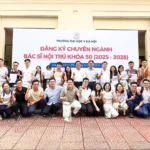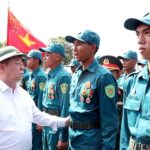Vietnam is not only known to many Westerners as associated with the name of a brutal war in the 20th century, but is now also associated with the story of a nation rising up.
Looking back at the achievements of Vietnam after nearly 40 years of Renovation, it has played an essential role in enhancing the country’s status, turning Vietnam from a nation once absent on the world political map into a country with an increasingly prominent role in global politics.
Changing Foreign Policy Thinking
It is not just about issuing policies, it is also a change in mindset. Renovation was born out of necessity, but it quickly developed into a strategic requirement for national and ethnic development.
The years after 1986, Vietnamese diplomacy was characterized by a cautious expansion of relations. Resolution 13/NQ-TW of the VIth Congress, issued on May 20, 1988, with the full name “On the tasks and foreign policy in the new situation,” is considered an important historical document, marking a fundamental change in Vietnam’s foreign policy thinking and paving the way for strong international integration later.
The important meaning is that the resolution changed the way of viewing the world from an “arena” of class struggle to a world that can peacefully coexist, cooperate, and compete.
The resolution also affirmed the strategic goal and highest interest of Vietnam is “to consolidate and maintain peace to focus efforts on economic construction and development.”
In terms of diplomacy, Vietnam expressed a desire to expand relations with all countries, including those with different political systems, to serve the cause of national development.

Vietnam’s normalization of relations with China in 1991 and with the United States in 1995 were pivotal moments, demonstrating Vietnam’s commitment to overcoming ideological barriers.
These were not easy negotiations, but were fraught with historical burdens and lingering suspicions. At that time, Vietnam was still a country cautiously emerging from decades of isolation, with a fragile economy and a foreign policy still partly shaped by historical factors and traditional relationships.
However, Vietnamese leaders persevered with the goal of “a prosperous people and a strong nation” and enhancing Vietnam’s position in the world.
This approach formed the foundation of what Vietnam calls a “multilateralized and diversified” foreign policy. This is a strategy built on the principle of “being friends with all countries,” pursuing relations with all nations regardless of their political system or level of development.
Foreign diplomats who came to Vietnam in the late 1990s






